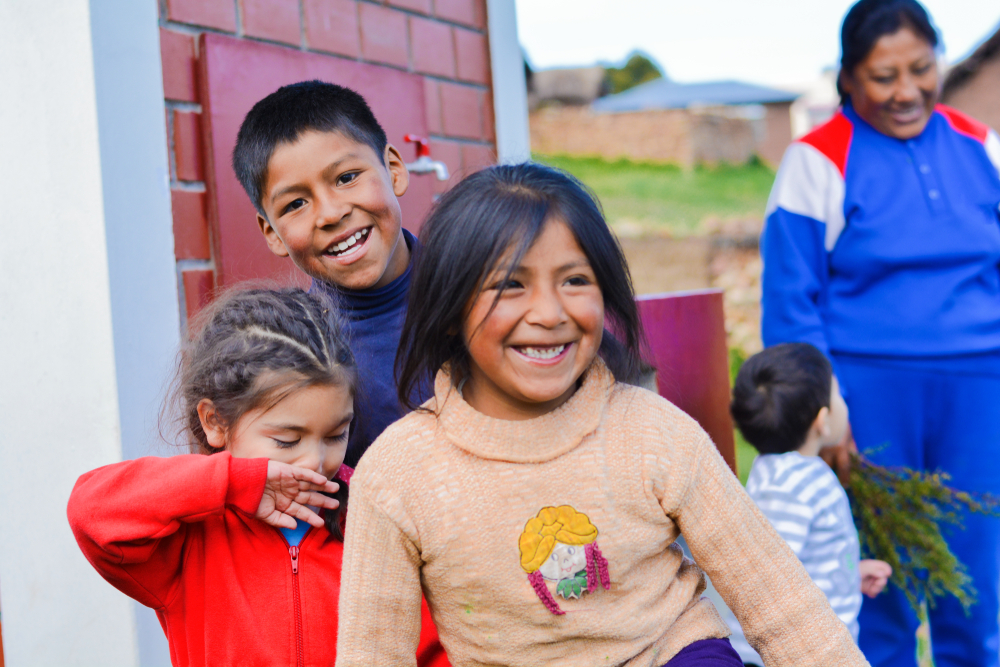Supreme Court Considers Latest Attack on Indian Child Welfare Act

CREDIT: Shutterstock/Ruslana Iurchenko

We have been here from time immemorial, and we remember.
We remember before the U.S. Supreme Court agreed to hear a case challenging the constitutionality of the Indian Child Welfare Act (“ICWA”).
We remember before ICWA was passed in 1978, the four long years of congressional investigation and deliberation that led to its enactment, and before the Association on American Indian Affairs alerted Congress to the widespread and lawless destruction of Indian families.
We remember the Indian Adoption Project, initiated in 1958, in which federal and state governments collaborated with private adoption agencies to take our children from us.
We remember before that, when those same federal and state governments took our children away from their reservation homes to distant boarding schools — schools from which many children never returned.
We remember before the reservations, when we tended the lands on which we’d lived from time immemorial.
We remember the treaties we negotiated, treaties by which we ceded much of our land in exchange for solemn promises that our children and our communities would be protected by the federal government.
We remember before there were federal and state governments, before “We the People of the United States” came together “in Order to form a more perfect Union, [and] establish Justice.”
We remember before the strangers arrived on our shores, many of them sick, starving, looking to us for succor. We remember when this land was our land.
In all of those memories are our children, who are sacred to us. We remember because they are sacred to us. And we remember because some are not done trying to take our children away.
On Wednesday, November 9, the Supreme Court is scheduled to hear oral arguments in Haaland v. Brackeen. It is a case that threatens to undo ICWA and the protections that law affords our children. That alone would be a calamity, but the plaintiffs want much more than that. They want to undermine the very idea that Indian tribes are “distinct people[s], . . . independent of each other and of the rest of the world, having institutions of their own, and governing themselves by their own laws.”
The state of Texas is one of the plaintiffs. It argues that ICWA interferes with its prerogative as a state to operate its child welfare system free from federal interference. But Texas forgets.
We remember. We remember that only two years before Texas filed this lawsuit, the very agency trusted to run Texas’s child welfare system said that it “fully supports the Indian Child Welfare Act,” and that the state’s “commitment to both the letter and the spirit of the ICWA is clear.”
We remember when states routinely refused to provide any services whatsoever to Indian families.
We remember when states finally agreed to serve Indian families (in exchange for federal funding), only to “serve” those families by removing their children to foster or adoptive homes.
We remember when Texas removed Indian children from their families on the thinnest of pretexts.
We remember that such lawless child removals were the very reason Congress enacted ICWA.
The other Plaintiffs are three non-Indian families who tried (two successfully, one without success) to adopt Indian children. Without any basis in current legal precedent, they argue that ICWA discriminates against them on the basis of race. But they forget.
We remember. We remember almost 50 years ago when a unanimous Supreme Court agreed that, even though Indians may be thought of as a racial group for some purposes, when Congress passes laws to carry out its “unique obligation toward the Indians,” any treaties and statutes that recognize Indian tribes as sovereign, self-governing communities are “political rather than racial in nature.”
We remember that the Court has unanimously and repeatedly said that it is for Congress and the president to decide who falls within those branches’ Indian affairs powers — and that the Court will not intrude on such decisions.
We remember that a unanimous Supreme Court understood the consequences of treating Indian tribes as if they were racial groups: “If these laws . . . were deemed invidious racial discrimination, an entire title of the U.S. Code (25 U.S.C.) would be effectively erased and the solemn commitment of the Government toward the Indians would be jeopardized.”
We remember, and Indian country is united in its support for ICWA.
Fortunately, we are not the only ones who remember. Support for ICWA comes from both sides of our nation’s political divide. While Texas works to undo the law, those working to uphold ICWA include 87 bipartisan Members of Congress, 23 red and blue states and the District of Columbia, and the county with the nation’s highest Indian population.
While the individual plaintiffs cry that they are harmed by ICWA, advocates for both children’s rights and parents’ rights attest that ICWA protects families. Both Indian and non-Indian families who have experience with ICWA have told the Court of the good ICWA does. That is why child welfare organizations, medical and scientific and legal professionals, civil rights organizations, and scholars of Indian law, constitutional law, constitutional governance, and history as well as scholars at the intersection of all of these fields all agree that the Court should uphold ICWA.
We all remember the “duty of protection” this nation owes to Indian tribes and Indian children, and we remember that ICWA is the gold standard for fulfilling that duty.
Let us hope the Supreme Court remembers, too.
Dan Lewerenz (Iowa Tribe of Kansas and Nebraska) is an Assistant Professor of Law at the University of North Dakota School of Law and an attorney with the Native American Rights Fund.